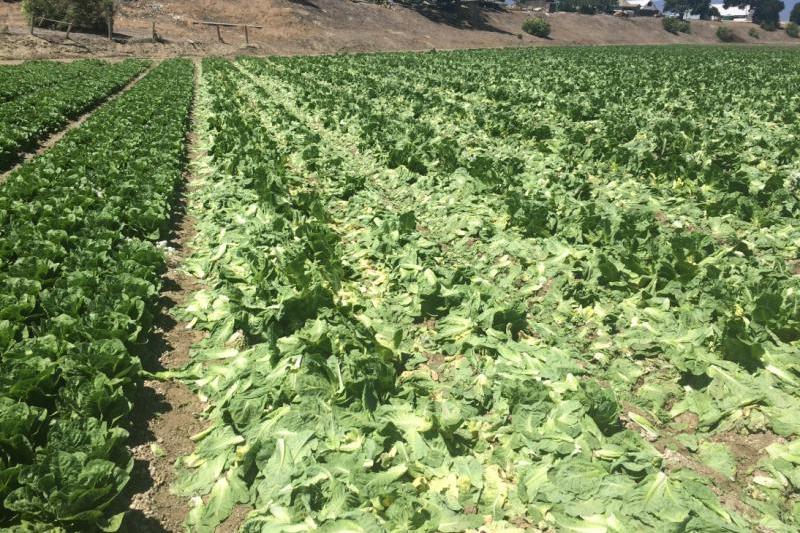
Image Credit: TechCrunch/FullHarvest.com
by Vikas Vij
Large technology companies are increasingly investing in AI and machine learning. According to a recent McKinsey report, in 2016, companies such as Google, Facebook and Baidu spent between $26 and $39 billion on AI research.
Microsoft has now announced the launch of AI for Earth, a new program dedicated to AI-based projects in the areas of agriculture, water, biodiversity and climate change. Led by Microsoft Chief Environmental Scientist Lucas Joppa, the program will donate up to $2 million in Microsoft tools, services and training to support environmental projects.
Many people worry about how AI may replace humans, and may help evade ethical and privacy oversights. The AI for Earth program will help Microsoft position itself as a responsible player in this space who wants to use AI for wider and sustainable benefits. The company is committed to adopting a highly principled approach to AI.
Microsoft said that the $2 million amount in AI for Earth will cover access to Azure and Microsoft’s data science “virtual machine”. It will also help organizations get access to more direct financial help in the form of grants.
Up to now there have been three projects that have received help from the AI for Earth initiative, ahead of Microsoft giving the program a stronger push. These include collaboration with Esri to work with five organizations focused on high-resolution land cover mapping, and building a lower-cost mapping tool to analyze, monitor and manage natural resources.
Microsoft has been working with the University of Pittsburgh, Johns Hopkins University, University of California Riverside, and Vanderbilt University on something it describes as “Project Premonition” to detect pathogens by using mosquitoes into “devices that collect data”, which is also being used for biodiversity research.
The third project is agricultural. In India, the company is working with the International Crops Research Institute for the Semi-Arid Tropics (ICRISAT), which is a UN Agency, and the local government in Andhra Pradesh, to enable data-driven farming for improving agricultural yield, reducing the cost of farming, and limiting the impact of agriculture on climate change.
Source: Tech Crunch
Image Credit: TechCrunch/FullHarvest.com

TriplePundit editors offer news and insights on sustainable business.














